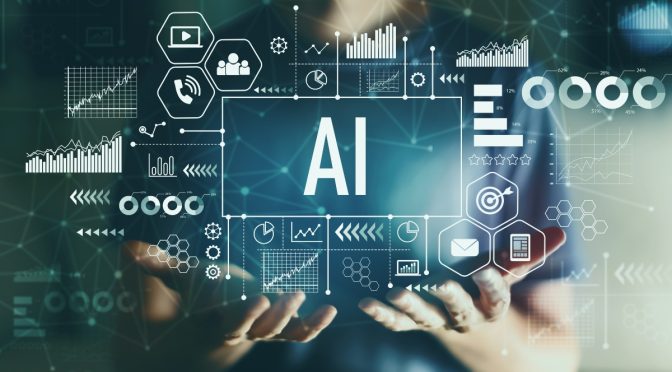Using AI: A Caution to Users
08.24.2023 Written by: Henningson & Snoxell, Ltd.

Artificial intelligence (AI) programs, such as ChaptGPT, have gained immense popularity in recent months. And while AI has undoubtedly revolutionized the way we search for information, its accuracy is not guaranteed. Numerous users have reported receiving unreliable answers from AI. If these errors are not caught, they can lead to adverse and/or costly situations. Some of the major concerns related to the use of AI are highlighted below.
What Is It?
AI is a technology that mirrors human intelligence by performing tasks and iteratively improving itself. In addition to performing general searches, it can also “write” responses, reports, papers, and letters for users. Searching for a research topic or requesting a draft letter can result in paragraph-long answers freely accessible to the user.
However, it is important to note that AI does not guarantee the accuracy of its responses. Users must exercise caution when utilizing AI and should not blindly rely on AI-generated answers. Despite its advanced capabilities, errors or inaccuracies are still possible, making it essential for users to critically evaluate and verify the information obtained from AI.
Concerns
Properly used, AI can be a great resource for users and is currently free to the public. However, caution is advised when using it.
- Fact-Check. We cannot emphasize this enough! AI is explicit that it does not guarantee the accuracy of its responses. AI is built on patterns and data inputted into the system, which means it responds based on that alone. AI does not have the professional judgment or human instinct to realize when information may be incorrect or misleading. It is up to the user to correct the response so the AI can learn and improve its future answers.
- High Probability of Plagiarism. AI generates responses based on language and other content inputted by other users and published online. This means the response ultimately originates from someone else, and the references or citations provided by AI may not always be real or accurate. Although plagiarism detectors exist, these devices are themselves powered by AI and do not guarantee the successful detection of plagiarism. Plagiarism can lead to serious legal repercussions, which are entirely avoidable.
- AI should not be your final destination. AI is meant as a starting point, and it can be a good resource in that regard. But it should never have the final say in your research or writing. Do not blindly rely on AI-generated information.
- Check your sources. Several lawyers and other professionals have already learned the hard way not to rely on AI-generated responses. There have been several instances of AI citing legal cases that were later determined not to exist. Lawyers who trusted these responses and submitted them in court filings were subject to professional discipline and sanctions.
- No real-life experience. Despite AI’s immense realm of “knowledge,” AI does not know everything, nor does it have the proper judgment or experience to advise users in certain areas. AI has limitations. It has never gone to school, it has never attended a professional program, and it does not know the specifics of your situation. As with any online resource, it is always better to ask a human professional. For example, you may do some initial research on WebMD, but you need a real doctor to confirm your diagnosis.
- AI-generated documents are not cheaper! Contrary to the $99 price advertised on a website, an online legal document will cost you more in the long run. AI-generated legal documents (1) are commonly completed with incorrect information; (2) do not contain proper language to match your intentions; and (3) require payment for services that are usually free (e.g., a Registered Agent for an LLC). Litigation costs add up, and your initial $99 legal document could quickly turn into a substantial litigation fee because your document was not properly completed. Save yourself the trouble and money by skipping the do-it-yourself legal document services and meet with a (living) professional to draft your documents.
Contact Henningson & Snoxell
As always, we are here to help! Please contact us with any questions or concerns about your AI-generated legal documents. With a wealth of experience and a comprehensive knowledge of the Minnesota legal system, you can trust Henningson & Snoxell to help you navigate the ever-changing landscape of technology and information.










 Subscribe
Subscribe Subscribe
Subscribe
